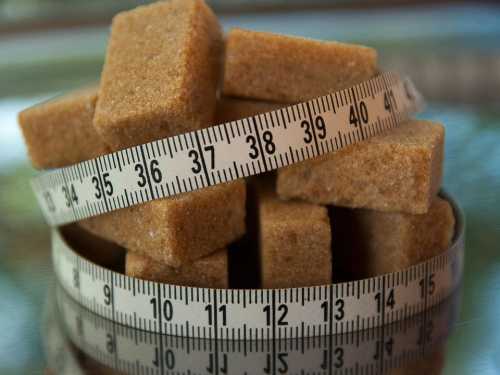
Many people try to convert calories to grams to better control their weight, but this process has its own characteristics and pitfalls.
How to correctly convert calories to grams?
The trouble is that calories don't obey the laws of physics, mathematics, and logic well – they accumulate much faster than they are spent.
Nutritionists like to repeat: 10 kilocalories are equivalent to 1 gram of body weight. That is, if you ate an extra 100 kilocalorie candy, then you should soon expect a 10-gram weight gain. It's only an approximation, of course, but in general, this arithmetic is quite correct.
True, this applies primarily to carbohydrate and partly fat calories and does not work at all with regard to calories from protein foods.
Okay, what if we reverse this equation?
What happens if I lose 100 kilocalories instead of gaining them?
Following mathematical logic, I should lose the same 10 grams. However, the trick is that this arithmetic works much worse in the opposite direction. Nature has created us to be super-thrifty: we store excess energy very quickly and efficiently, but we spend it extremely reluctantly and very slowly.
If you, say, create a deficit of 100 kilocalories every day, then according to this rule, in three years you will have a total deficit of about 100 thousand kilocalories, and therefore lose 10 kilograms of weight. Some ridiculous 100 kilocalories per day and 10 kilograms as before – not bad! But, unfortunately, in the vast majority of cases you will get a much more modest result (if you get it at all).
Read also: The secret to losing weight that is sold for money at marathons.
Therefore, today, nutritionists — when it comes not to gaining weight, but to losing it — offer a different formula:
10 kilocalories = 0.5 grams of body weight
But that's not all! Over time, the effectiveness of this formula will decrease:
You will achieve 50% of the final result in the first third of the weight loss program, and the remaining 50% in two-thirds of the way.
So, going back to the example above, the 100-kilocalorie daily deficit you create will result in a weight loss of only 5 kilograms over three years, not 10. You will lose 2.5 kilograms in the first year and another 2.5 kilograms in the remaining two years.
In general, if you are counting on something serious, then the daily loss needs to be increased to at least 500 kilocalories, and this is a serious challenge.
Джерело: ukr.media






